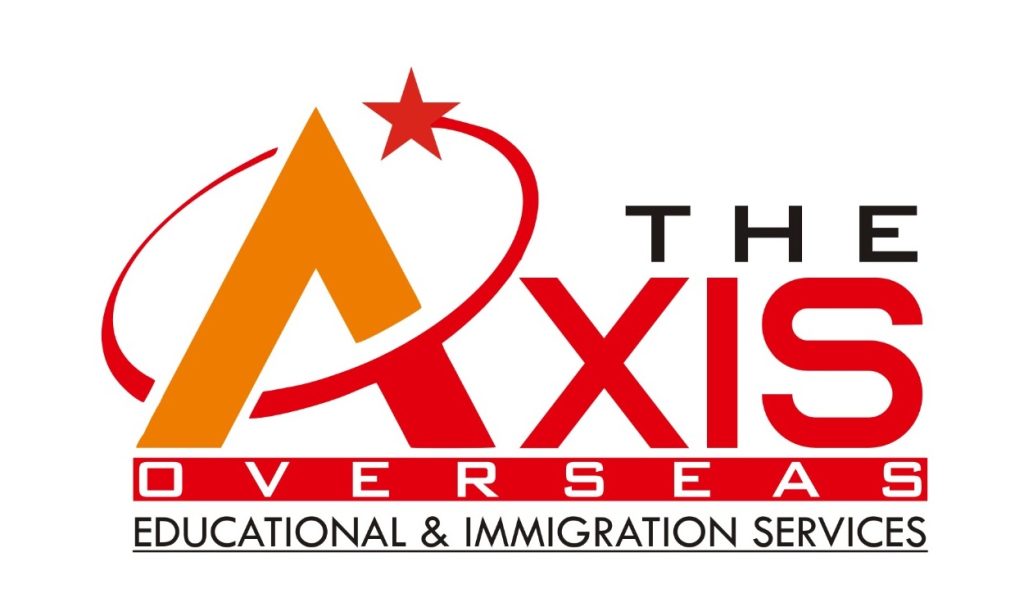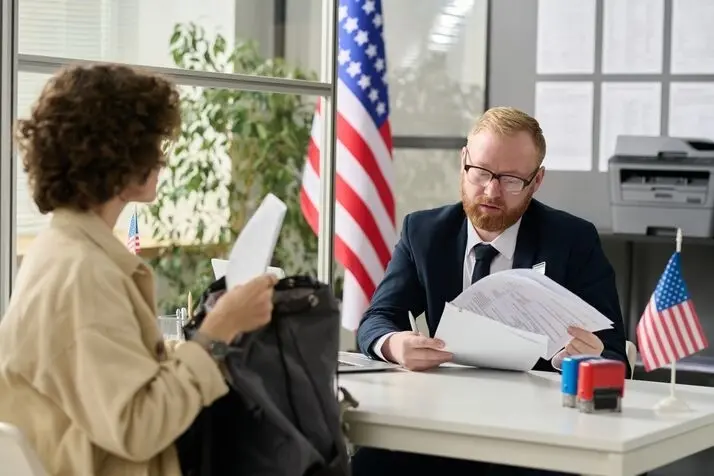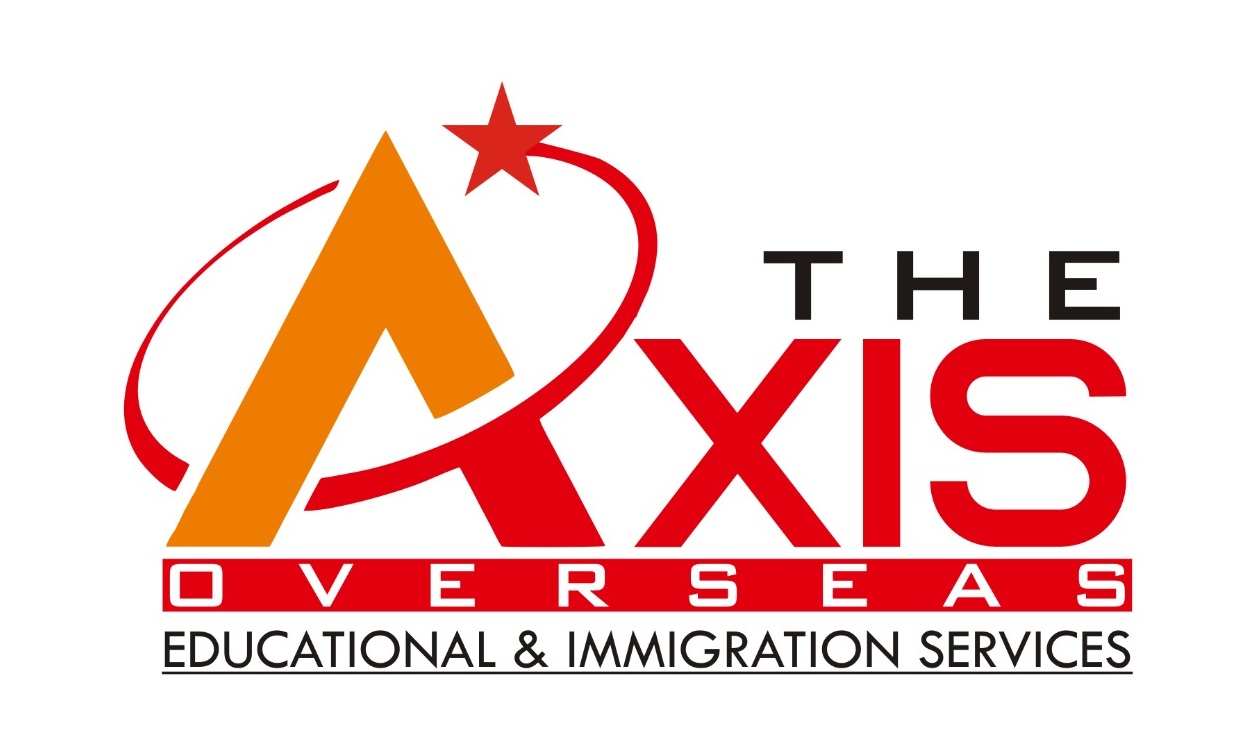Speak with Confidence. Present with Clarity. Succeed Globally.
Whether you’re preparing for a visa interview, university admission, or a job opportunity abroad, how you present yourself matters. At The Axis Overseas, we offer structured interview preparation services designed to help you communicate clearly, confidently, and persuasively—so you make the right impression when it counts.
Who Is It For?
- Students facing embassy interviews for study visas
- Professionals preparing for job interviews abroad
- Applicants attending university admission panels
- Individuals applying for PR or dependent visas
- Anyone who wants to improve their interview skills and confidence
What Our Interview Coaching Covers
Focus Area | What You’ll Learn |
|---|---|
Visa Interview Prep | Understand embassy expectations, answer confidently, and avoid common mistakes |
University Interviews | Present your academic goals, strengths, and motivation clearly |
Job Interview Coaching | Learn how to respond to behavioral and technical questions with impact |
PR & Immigration Panels | Prepare for eligibility-based interviews with clarity and documentation support |
Soft Skills Training | Improve body language, tone, and professional etiquette |
Mock Interviews | Practice real scenarios with expert feedback and personalized improvement tips |
Our Process
- Initial Assessment – We evaluate your goals, background, and interview type
- Customized Coaching – Sessions tailored to your specific needs and target country
- Mock Interviews – Simulated interviews with real-time feedback
- Performance Review – Detailed analysis of strengths and areas for improvement
- Final Prep – Confidence-building tips and last-minute guidance before your actual interview






